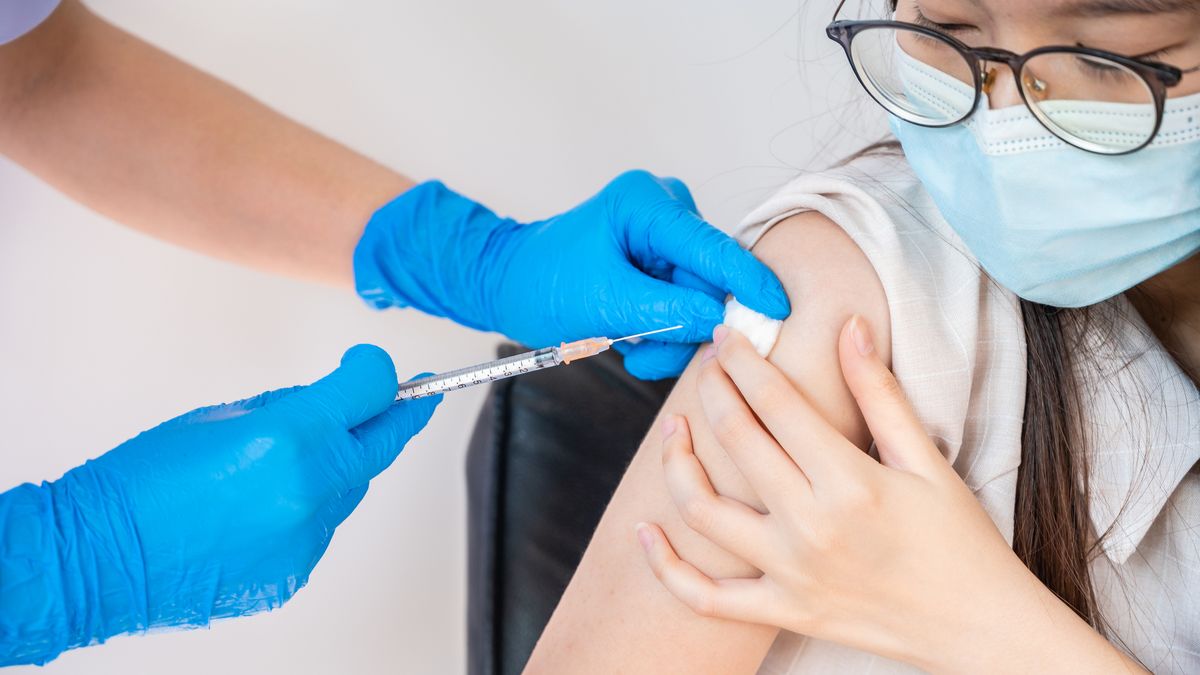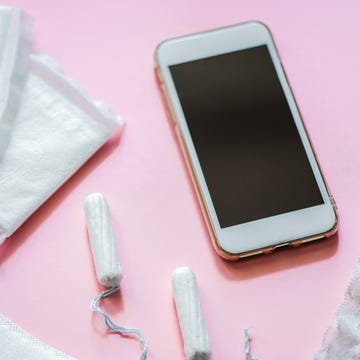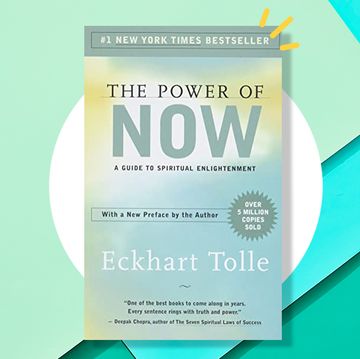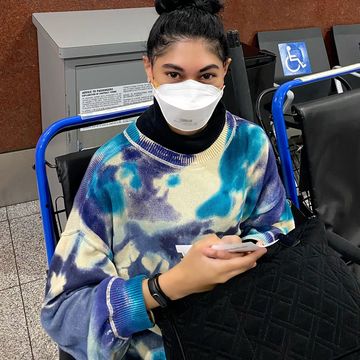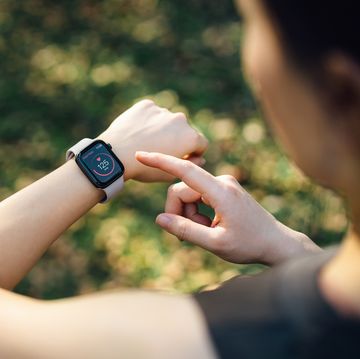As we near the end of 2021, when it comes to COVID-19, there are still plenty of new questions that pop up all the time. Can I mix and match booster and vaccine types? What are COVID rates like in my area? And, now that booster shots have become widely available, tons of people are also wondering: What are the COVID vaccine booster shot side effects to be aware of? Well, we've got answers.
So who needs a booster? While the primary series of two vaccinations is highly effective in bringing down infection, hospitalization, and death rates, people can still catch the virus and become ill after getting jabbed (which is called a breakthrough infection, ICYMI). With that and the new Omicron variant that recently emerged in mind, the CDC now recommends a booster shot for everyone who was vaccinated in the past six months or longer with the Pfizer or Moderna series, and those who received the single-dose Johnson & Johnson vaccine in the past two months.
A COVID booster shot is an additional dose of the vaccine, which is administered after the original protection from the COVID vaccine wanes and can help you maintain an adequate level of immunity, says Soma Mandal, MD, a board-certified internist at Summit Medical Group in Berkeley Heights, New Jersey.
Adults who are 18 and older who received the Pfizer, Moderna, or Johnson & Johnson shot can receive boosters by any of the three manufacturers. Teens who are 16 to 17 years old who received the Pfizer vaccine should receive a booster from the same brand, according to the latest CDC info. Unvaccinated individuals should get the initial vaccine first.
The formulation of the booster shots are the same as the current COVID-19 vaccines, except for the Moderna booster, which is actually half the dose of the vaccine given in the primary series.
Here’s everything you need to know about getting the booster and what to expect.
What are the potential side effects of the COVID booster shot?
Mild to moderate side effects of the Pfizer and Moderna COVID booster shots include the following, according to Dr. Mandal—and they'll probably look like those of the original vaccines.
- Pain at the injection site
- Fatigue
- Headaches
- Fever
- Muscle pain
- Nausea
- Vomiting
- Diarrhea
- Chills
- Body aches
“There is a varied response to the vaccine and booster shots,” says Dr. Mandal. “Some people have not experienced any side effects with any of the vaccines, while others have experienced side effects with the second dose and the booster dose.”
Rare cases of myocarditis (inflammation of the heart muscle) and pericarditis (inflammation of the outer lining of the heart) have been reported in some people after getting the second Pfizer or Moderna vaccine doses, according to the CDC. This is more common in adolescents and young adults. Regardless, the health agency stresses that the benefits outweigh the known and potential risks.
If redness or tenderness at the injection site worsens after 24 hours or any symptoms last longer than a few days, you should contact your healthcare provider, per the CDC's recommendations.
How long will the COVID booster side effects last?
Just like with the initial doses, you may feel fine immediately after getting the shot and the side effects will kick in several hours later or the next morning when you wake up. COVID booster side effects can last up to 48 to 72 hours, says Dr. Mandal.
“It is also possible to feel immediate side effects such as muscle pain within one hour after receiving the booster,” she notes. “Other side effects mentioned above can occur within a 24-hour period.”
There isn’t anything that causes one person to experience stronger side effects than others; it simply depends on your body’s immune response. Younger people may be more likely to experience these effects because they have stronger immune systems compared to older adults, and they tend to affect women because of hormone levels.
Are there any long-term side effects from the booster?
No unexpected patterns of adverse reactions or long-term side effects have been reported after people have received the booster, according to new research published by the CDC. The general consensus among health officials and experts is that a day or two of feeling under the weather is a small price to pay compared to being hospitalized from complications of COVID-19 itself, a scenario that continues to be more prevalent among patients who are not vaccinated.
“The COVID vaccines have been shown to be relatively safe and there is no increased risk of mortality from receiving these vaccines,” says Dr. Mandal.
What can you do to ease the side effects?
In general, Dr. Mandal recommends that patients drink plenty of water before receiving the shot or booster and continue hydrating afterward. “You can also apply an ice pack or cool moist towel to the area to ease discomfort, as well as take acetaminophen or ibuprofen” after receiving the vaccine to alleviate symptoms, she adds.
The bottom line: Get your booster if you are eligible. Feeling slightly crappy for a day or two is much better than being down for the count due to COVID-19.

Emilia Benton is a Houston-based freelance writer and editor. In addition to Runner's World, she has contributed health, fitness and wellness content to Women's Health, SELF, Prevention, Healthline, and the Houston Chronicle, among other publications. She is also an 11-time marathoner, a USATF Level 1-certified running coach, and an avid traveler.
